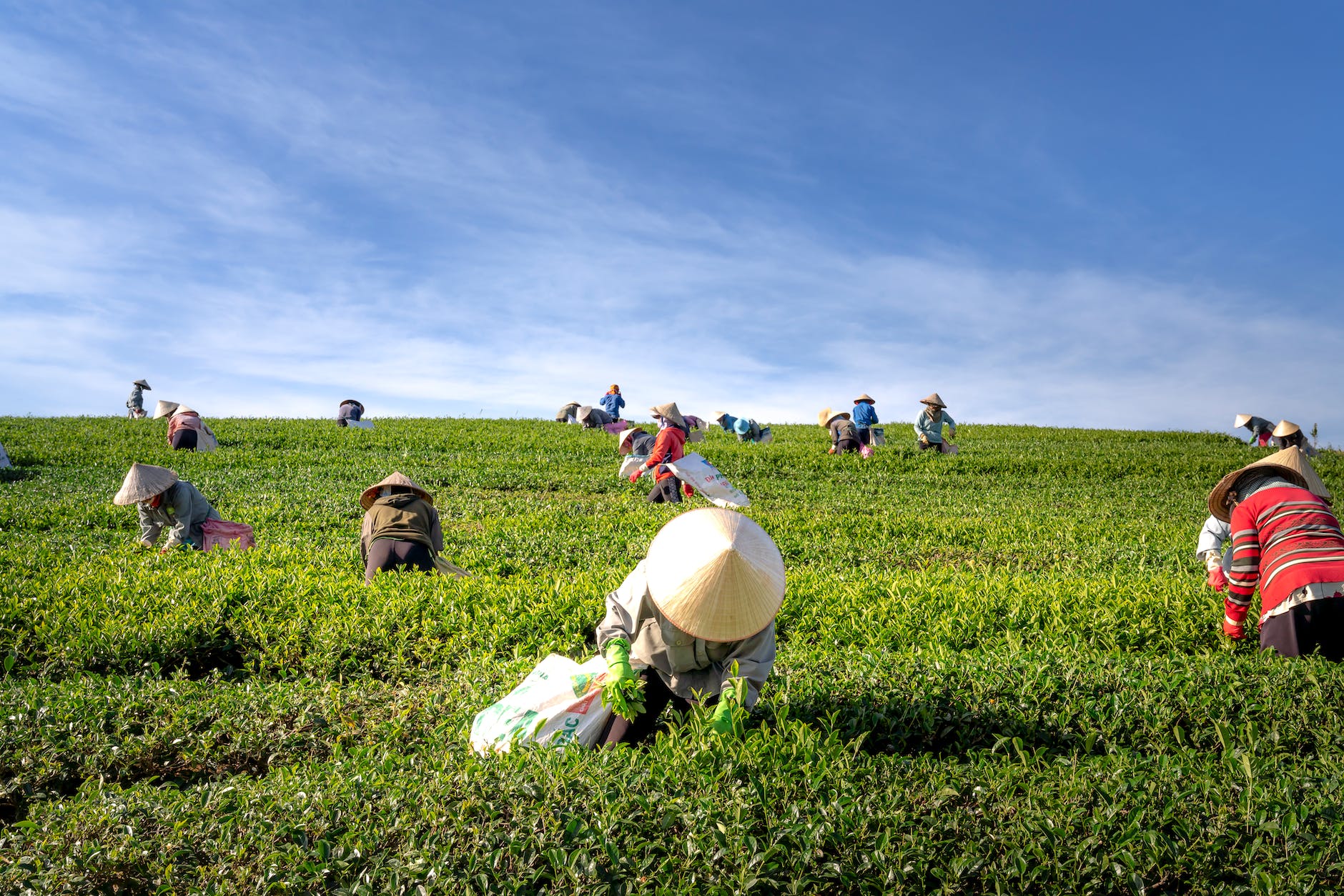
Farmers
Delta 8 has gained considerable attention in recent years! If you’re curious about what Delta 8 is and how it’s shaking up the hemp industry, you’ve come to the right place. So, let’s start with the basics: What exactly is Delta 8?
Delta 8, also known as delta-8-tetrahydrocannabinol, is a naturally occurring cannabinoid found in hemp plants. It’s a close relative of the more well-known Delta 9 THC, which is predominantly found in marijuana. However, Delta 8 possesses its own unique properties that set it apart. What makes Delta 8 particularly intriguing is its milder psychoactive effect compared to Delta 9 THC, which makes it a potential choice for those seeking a more balanced and less intense experience.
In this article, we’ll explore the relationship between Delta 8 and hemp farming, uncovering its economic implications, regulatory considerations, and the benefits it provides us as consumers!
Economic Opportunities for Farmers
Hemp farming with Delta 8 has brought forth a range of economic opportunities for farmers in the industry. Here are some key aspects to consider:
- Increased Crop Value: Delta 8 extraction and production have allowed farmers to maximize the value of their hemp crops. By utilizing hemp biomass that might have otherwise been underutilized or considered waste, farmers can extract Delta 8 and create additional revenue streams. This has proven to be a valuable opportunity to increase the profitability of hemp farming operations.
- Product Diversification: The emergence of Delta 8 has driven product diversification within the hemp industry. Farmers can capitalize on this trend by partnering with manufacturers or processors to produce a wide range of Delta 8-infused products. From vape cartridges and edibles to tinctures and topicals, the market demand for Delta 8 products continues to grow. Participating in the supply chain of Delta 8-infused products provides farmers with the opportunity to expand their offerings, attract new customers, and potentially increase their market share.
- Value-Added Processing: Hemp farmers can explore value-added processing by integrating Delta 8 extraction and refinement into their operations. Instead of solely selling raw hemp biomass, farmers can consider establishing partnerships with extraction facilities or investing in their own processing capabilities. This allows them to extract Delta 8 and sell it as a standalone product or supply it to manufacturers for further product development. By engaging in value-added processing, farmers can capture a larger portion of the value chain and potentially enhance their profitability.
- Local and Regional Markets: With the growing demand for Delta 8 products, there is an opportunity for hemp farmers to tap into local and regional markets. By establishing direct-to-consumer sales channels, such as farmers’ markets, online platforms, or retail partnerships, farmers can connect with consumers seeking Delta 8 products. This direct market approach can help farmers build brand recognition, establish customer loyalty, and create a niche for their Delta 8 offerings.
Regulatory Considerations
Regulations pertaining to Delta 8 can vary from one jurisdiction to another, making it essential for farmers to have a solid grasp of local, state, and federal laws. Staying informed about any updates or changes in regulations is vital to ensure compliance. This includes understanding licensing requirements, THC concentration limits, and labeling guidelines specific to Delta 8 products.
For farmers to navigate the complex regulatory landscape successfully, seeking guidance from legal advisors or industry organizations, such as with the National Association of Cannabis Businesses (NACB), can be incredibly helpful. These experts can provide the necessary information and keep farmers up-to-date with the latest regulatory developments, ensuring their hemp farming practices align with the established requirements.
Transparency and responsibility should be at the forefront of farmers’ approach to Delta 8 products. Complying with testing requirements is crucial to ensure the safety and quality of the products. Collaborating with reputable third-party laboratories to conduct comprehensive testing on crops, verifying Delta 8 levels, THC content, and other quality parameters, is paramount. By prioritizing compliance and consumer safety, farmers can build trust and confidence in their Delta 8 products.
Consumer Benefits
Delta 8 not only provides opportunities for hemp farmers, but for consumers as well! Here are some of the main benefits:
- Alternative Cannabinoid Experience: Delta 8 offers consumers a unique alternative to other cannabinoids. With milder psychoactive effects compared to Delta 9 THC, it provides a more balanced and less intense experience. Consumers who may be sensitive to or cautious about the psychoactive effects of Delta 9 THC can explore the potential benefits of Delta 8.
- Therapeutic Potential: Delta 8 is known for its potential therapeutic benefits, including pain relief, anxiety reduction, and appetite stimulation. Consumers seeking these benefits can turn to Delta 8 products as a natural and potentially effective option.
- Product Variety: The emergence of Delta 8 has led to a diverse range of products in the market. Consumers have access to Delta 8-infused edibles, tinctures, topicals, and more. This variety allows individuals to choose the consumption method that suits their preferences and needs.
- Legal Accessibility: In many jurisdictions, Delta 8 derived from hemp is legally accessible. This provides consumers with a legal and regulated option to explore the benefits and effects of cannabinoids while adhering to local regulations.
Delta 8 has emerged as a game-changer in the hemp industry, offering a host of opportunities for farmers and consumers alike. Farmers can maximize crop value, diversify their product range, and form strategic partnerships to tap into the growing demand for Delta 8-infused products. For consumers, Delta 8 provides an alternative cannabinoid experience, potential therapeutic benefits, and a wide variety of product options.






